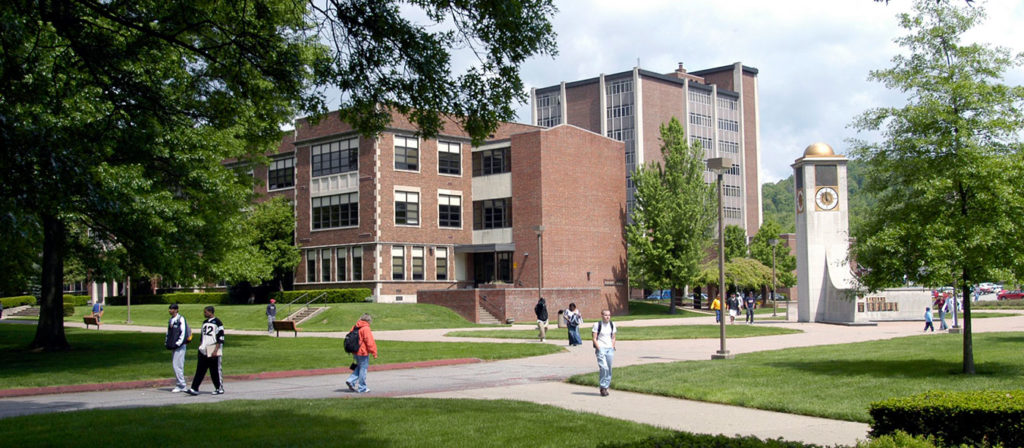West Virginia State University (WVSU), as part of the NASA West Virginia Space Grant Consortium, will host a High Altitude Balloon-Sat Camp for high school students June 10-14 on the University’s Institute campus. The weeklong day camp will allow students to design, build and test a payload and analyze data following launch of a balloon satellite.
The high-altitude weather balloon project is designed like a real-life mission, with students involved in every aspect of the project as they develop skills in the science, technology, engineering and mathematics (STEM) fields. Participants will launch a helium-filled weather balloon, carrying a box containing a satellite link, as well as several payload boxes containing cameras, sensors and a GPS tracking device.
The balloon typically rises to 100,000 feet, at which point the expanded balloon bursts and follows a parachute-assisted descent to a landing site, where it will be recovered and analyzed.
The first three days of the camp will be devoted to construction of a simple 750-gram Balloon-Sat satellite, with the remaining two days devoted to launch, recovery and data analysis.
The camp costs $250 to attend. Registration is available online at http://www.spacegrant.org/register/wv19. Registration deadline is May 10.
The West Virginia Space Grant Consortium is a NASA-sponsored organization comprised of 12 West Virginia academic institutions and nine corporate and scientific partners dedicated to building research infrastructure and promoting STEM education in West Virginia. The Consortium’s programs focus on research, collaborations with high-technology industries, student fellowships, as well as K-12 and public outreach programs.
To learn more, contact NASA West Virginia Space Grant Consortium Program Manager Candy Cordwell at (304) 293-3927.
Originally from Matt Browning for West Virginia State University News.
